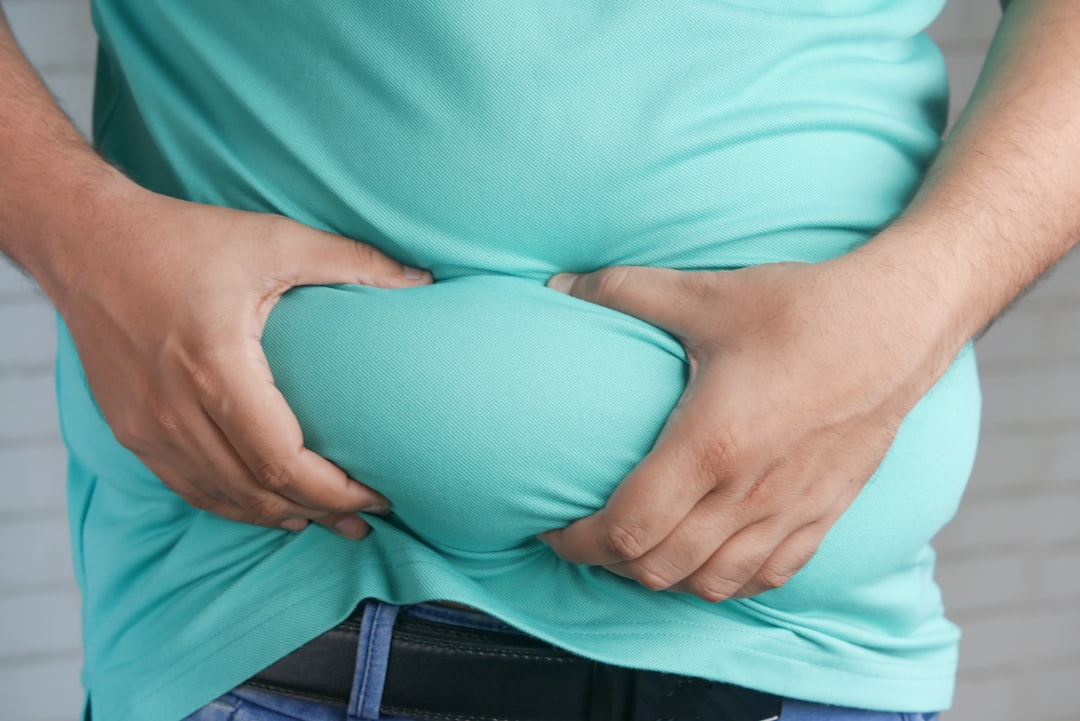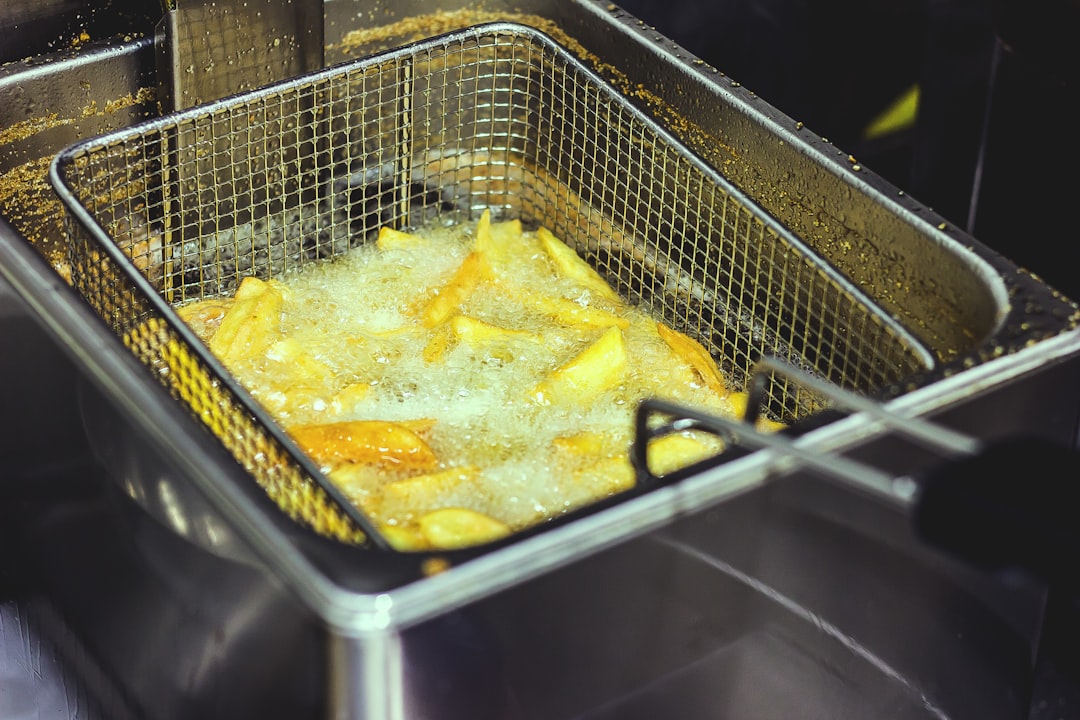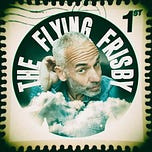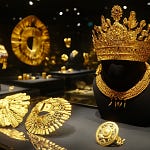You can read an update to this article here.
Over the last year, I’ve lost over 2 stone - 14kg or 30lb, to be precise.
I say over the last year, truth is I’ve been trying, unsuccessfully, to lose weight for three years - in fact, since practically forever.
Given that most of us want to be somewhat lighter than we are, I thought I’d share my experiences with you today. They may be of some use.
Background
While I don’t really like going to the gym, I do quite a lot of exercise, I always have. I run, I play football, I walked the dog, but I always seemed to be 5-6kg (about a stone) heavy than is ideal.
I have a sweet tooth, but not as bad as some. I like beer and I like wine (not so much of a spirit man). I also have a tendency to eat and drink late at night, particularly coming home after gigs. I suspect it was a combination of eating too late at night and booze which left me in that semi-permanent state of slightly heavier than I would like.
I’ve tried all sorts of diets in the past. I lost loads of weight on the Atkins diet back in the early 2000s - that’s basically a low carb, high protein diet - but I also felt fatigued, weak and, as soon as I stopped, I put all the weight back on again and more.
I also lost loads of weight on the 5:2 diet in the 2010s. Again as soon as I stopped fasting, I put it all back on again. I would also piss off my partner on fasting days, by not participating in the communal activity that is eating.
After seeing Fat, Sick and Nearly Dead five or six years ago, I did the juice diet and lost more weight more quickly than with any other diet I have done. You can lose as much as a kilo (2 pounds) a day. It’s very hard to sustain though, and your kitchen quickly gets swamped with juiced vegetable remains. Again, a few months after stopping, I was back where I was weight-wise and some.
Between 2020 and 2021, I took up the 16:8 diet, where you fast 16 hours a day and eat only in 8 hour windows. I would have my first meal at lunchtime - 12-1pm and try not to eat or drink anything after 8 or 9. However, this is hard when you’re doing gigs and I often found myself breaking the rules.
I lost a couple of kilos, then plateaued. It meant, though, that I got into the fasting state every day, and I got used to the feeling of being hungry. It became normal.
Then I actually started putting on weight. I think it’s because my body got used to fasting, so it did all the things it did - conserve energy and calories - then I would consume too many calories in the evening, close to bed-time, and so, in this state of efficiency and fasting, the body conserved more calories than it otherwise would have and I ended up putting on weight.
I was fat

In September 2021 I went the wrong side 90kg (over 14 stone or 200lb). Too much for a man of my 5ft9 frame. A change of strategy was needed. 16:8 wasn’t working, but I was convinced of the efficacy of fasting, so I went back to 5:2.
Within a couple of weeks I shed 3-4kg (half a stone), but then I plateaued again. For many months. There was probably still too much of the eating and drinking in the mid to late evenings, especially after gigs, on non-fasting days. I was presenting Headliners on GB news at the time, and I would get home at 1am, not want to go to bed and often then crack open a bottle of red wine.
To avoid doing this, I took up fasting on the days I was presenting Headliners. On fasting days, it’s best to go to bed early. Presenting a TV show at 11pm having not eaten all day meant I was almost falling asleep, as it ended. Not ideal.
I left the show in March or April, and it was after that that the big weight loss suddenly accelerated.
In my new less employed state, I had a bit more time on my hands and I took up playing tennis twice a week with a chap I met on Facebook. I had fewer late night gigs, so less late night calorie consumption. I then got involved in a swimming challenge, so I started training for that. I also continued playing football once a week.
It was the combination of increased activity and fasting on the same day that made the weight fall off me. I got caught in this virtuous loop.
As I started to feel fitter, on my way to tennis, I would cycle up a really steep nearby hill four or five times and get in some HIT.
On non-fasting days I now found myself consuming less anyway. I would skip meals, especially breakfast, so found myself doing a mild version of 16:8 as well.
England cycling coach Philip Brailsford used to talk about the “aggregation of marginal gains”. So it is with dieting. There are lots of small things you can do, but it is when you put them altogether that the big changes occur. (The same happens in reverse).
So here in bullet points is the Dominic Frisby Diet.
1. Indoctrinate Yourself
I would say this is almost the most important part. Find a diet that works for you. A lot of people swear by protein diets, for example. I find them too hard to practically sustain.
I like fasting. It works. It’s proven to work. It’s simple: you are either fasting or you are not. On or off. And it only requires effort two days a week, which makes it sustainable.
But whatever diet you choose, you need to indoctrinate yourself. Read books, read blogs, watch videos, listen to podcasts, talk on chatboards. Totally brainwash yourself about the efficacy of the diet. You have to believe in it in order to carry it out. (By the way 5:2 works).
I’m sure that’s why many people on diets witter on about them so much, by the way. They have indoctrinated themselves. You have to. Turn it into a religion.
5:2 works really well by the way, if I didn’t already mention that. 2 days a week you consume no more than 500 calories (600 if you’re a man). The rest of the time you do what you like.
2. Habits, habits, habits
Fasting is hard at first, but once you turn it into a habit, you barely notice it.
Certain little things help.
Drink plenty of liquid. It’s amazing how often when you think you’re hungry you’re actually just thirsty. Fill up on water. Hot drinks are especially filling. Tea, herbal tea, coffee, broth.
Soups are a good food to eat on fasting days.
Cider vinegar is a good appetite suppressant. Stick a desert spoon full in a glass of water when you drink a glass of water in the morning, and you won’t be hungry till lunchtime.
Coconut oil does a similar trick. Stick a teaspoonful in some hot water or herbal tea.
Take lots of exercise, especially on fasting days.
Turn the above into habits, so they don’t require effort. You just do them.
3. Commit to sport
Exercise is easy to avoid if you do it by yourself. But if, for example, you have a regular tennis partner, or a football team, then suddenly you have an obligation to go and play, even if you don’t feel like it and it’s cold outside.
Commit to some kind of sporting challenge that you have to train for - a cycling challenge, a walking challenge, climbing a mountain, swimming a lake, doing a marathon. Create obligations for yourself, then you’ll have to take exercise even when you don’t fancy it.
Try and cheat it incidental exercise wherever possible - walk instead of driving or getting the bus. Cycle to work. Cycle to meetings if you can.
Cycling is a really good sport, particularly for the over 50s. You burn loads of calories (because you are using your legs and your legs are the biggest muscle group), but you don’t suffer the joint pain that comes with running. Take up cycling. And get into cycling up hills, you’ll be amazed at how good cycling up hills can make you feel.
Running is great for weight loss, especially with some HIT (high intensity training) thrown in. At the end of your run, do 4 30 second sprints, ideally up a hill.
Swimming is good. You don’t burn that may calories, but it is great for building muscle and you feel fab afterwards. I find it hard to run two days in a row - my joints ache too much - but you can run one day, then swim the next quite easily.
I bought some scales and a fitness watch, and I am forever looking at my stats. They are good because they keep reminding you to improve. The best time to weigh yourself is first thing in the morning after you wake up - that’s the only way to get a consistent measure. Even then it’s amazing how much your weight fluctuates.
But I cannot understate: the combination of fasting and taking exercise on fasting days will make the weight fall off.
4. Avoid stuff that’s bad for you.
There are two big evils here. The first is booze.
Much as I love beer and wine, alcohol is bad for you and the less you drink the better. Drinking also makes you put on weight. Never mind the many calories in wine and beer, it’s the poor decisions that follow, which usually involve food and more booze.
But not drinking is hard. Alcohol is addictive. Read Kick the Drink Easily by Jason Vale, if you want to give up booze altogether.
The beauty of 5:2 is that it stops you drinking - at least on fasting days.
Second there is processed food - especially seed oils.
I have recently been persuaded by the anti-seed oil arguments. Why is it people are so much fatter today than we were in the 1960s or 1970s? What has been the big change in our diets? I don’t believe we are that much greedier than we were forty or fifty years ago. There must be another explanation.
The answer lies in food processing and, especially, seed oils - rapeseed oil, canola oil, palm oil, sunflower oil, corn oil, vegetable oil, margarine. You can drive cars on those things. The body can’t break them down. That’s why they are so effective at preserving the shelf life of food.
The big change in our diets is not sugar or carbohydrate, it is these refined fats. They are very difficult to avoid altogether because they are in everything. The food industry and those who regulate it have a lot to answer for. Cut down on seed oils as much as you can. Fried fast food - fish and chips, MacDonalds, KFC - is killer. A lot of that heavily processed vegan plant food is bad too.

Don’t eat pre-prepared stuff (it’s full of those refined oils). Cook with ingredients in as natural a state as possible. Meat, fish and veg cooked in butter and olive oil.
Generally speaking, up the protein intake and avoid carbs.
Oh, one more food thing: nuts. I used to eat lots of nuts and raisins. I love them with yoghourt and honey - and I thought they were good for you. But I saw a video somewhere with a dude who argued that bears eat loads of nuts when they are trying to fatten up for the winter. Ergo: nuts are very fattening. Just the time my weight loss began to accelerate was when I cut nuts out. Might have been coincidence, but I thought I should mention it.
So there we go. Dietary advice from someone who has no qualifications whatsoever, save having lived it.
I like 5:2 because it only requires two days of effort. You can do what you like the rest of the week. And the morning after a fasting day, you feel amazing. It’s like being young again, you feel so good. It’s the opposite of a hangover. My friend Alex calls it, “the inverted hangover”.
The more of those things you do and turn into habits (so they require little willpower), the more the rules of compounding and incremental gains work in your favour. It’s hard, but when you are sufficiently indoctrinated and the habits entrenched, it all suddenly gets easy. Good luck.
Now comes the hard bit. Keeping the weight off.
Did I mention that he big results come from fasting and exercising on the same day? Or that 5:2 works?













Share this post